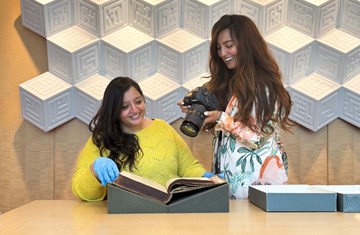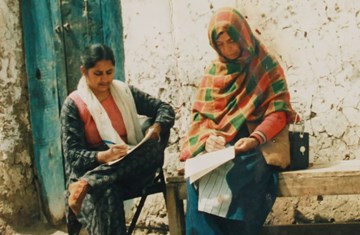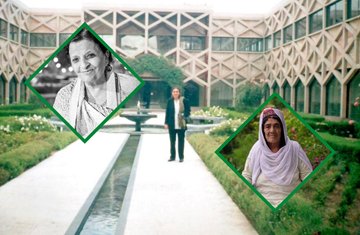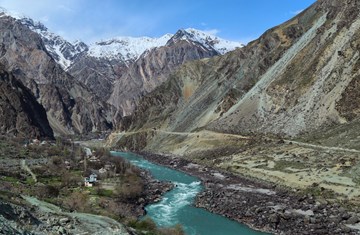International Women's Day: Interview with Rosa Barugh (Academic Support Programmes Manager)
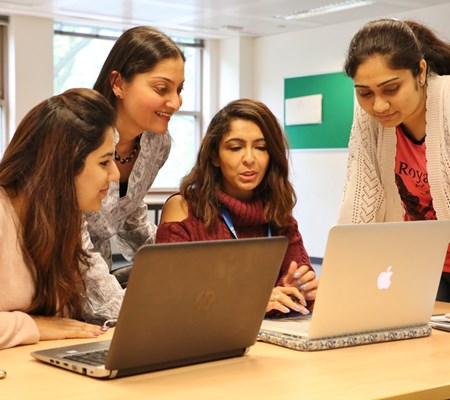
Tell us a bit about your job. What’s a typical day like?
A typical day involves dashing between spinning plates, giving them each a quick spin and then on to the next and back again. We run academic skills programmes for would-be STEP applicants in Iran, Syria, Afghanistan, Tajikistan and Russia, and a degree-uplift programme in Bangladesh for Afghans. Every day is a whirlwind of conversations with ITREBs, recruitment and tracking of students, troubleshooting barriers to participation, coordinating teachers and TKN volunteers, negotiating with providers, setting up remote testing and monitoring, and maximising the number of candidates we can offer an opportunity to, who would not otherwise have it in their context.
What’s your favourite aspect of your job?
I get a regular reminder to count my blessings in the form of being humbled by seeing the candidates pulling out all the stops (in ways I could never imagine) to participate and engage in our programmes. For instance, we had a candidate in Afghanistan who had to walk for two hours up to the top of a local mountain, just to get signal in order to connect with our online classes. He would do this three times a week, two hours up, two hours down again, taking his 90-minute class on his mobile phone, perched atop a mountain, for months on end. My respect and admiration for the students’ fortitude and persistence always spurs me on.
What’s the most challenging part of your job?
One of the most challenging aspects is trying to reach those members of the Jamat who do not have access to any formal method of preparation for STEP unless we can provide it for them. For example, for the youth in Salamiyyeh, Syria, there are no local academic institutions where they can improve their language and academic skills; they would have to travel to Damascus or another bigger city, which is either too far or not possible. I work with my team to set up academic preparatory programmes for them, but the context means we can only do it online, so when they have electricity blackouts and/or their internet is patchy, it affects the success of the programme and there is very little that can be done about it. The situation is similar in Afghanistan, particularly for the female students.
Another common and frustrating challenge is working with candidates 3-5 times weekly for 9-12 months to equip them with academic readiness for STEP, only to find that on the day of their IELTS (English language) test, the internet lets them down and they therefore fail to obtain the required grades to apply for STEP. This happens frequently in Tajikistan and Afghanistan. Sometimes there is a chance to retake and sometimes there is not.
What has your professional experience been like, as a woman working at the IIS?
As a woman and working mother, I’ve been very impressed by the supportive nature of the IIS as an employer. I’ve found the policies around flexible working and the warmth and kindness of colleagues create a welcoming environment for working mothers.

